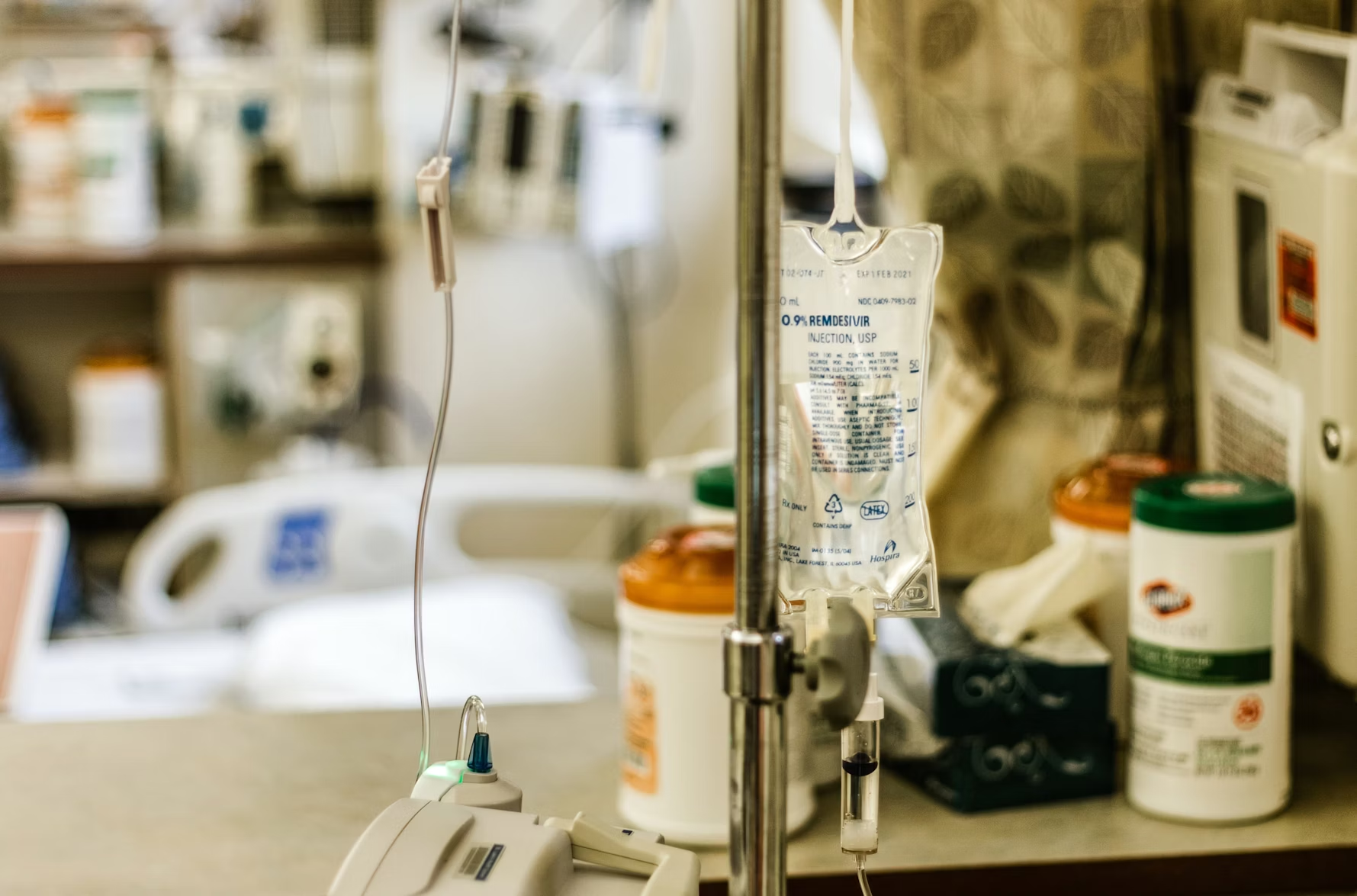Have you been scared to attend a party because the last time you went, everyone was looking at you due to your swollen eyes, forehead and chicks, and a running nose? If that’s your story, then you are not alone. The Center for Disease Control and Prevention estimates that thirty-eight million Americans suffer from chronic sinusitis. Advanced technology has made it possible to treat the condition permanently. Here are the options for your treatment.
Establish the Cause
Before the doctor can prescribe the best treatment plan, it’s essential to understand what is causing the sinusitis. Sinuses are mostly caused by allergies, infections, or a combination of all of them. Each cause will need particular intervention.
A doctor has to perform a diagnosis to be sure about the cause. The first step is for the doctor to ask you to explain your symptoms as they listen. They will then conduct some tests, including looking at your sinus passage and collecting imaging.
Therapies for your Sinusitis Condition

Therapy can treat some chronic sinusitis conditions. Before going into advanced treatment methods, it’s advisable to try the simple techniques and see whether they will work. Medical therapies treat the underlying cause of sinusitis and decrease inflammation that causes a blockage in your sinuses. Doctors perform treatments by thinning the nasal secretion and through corticosteroids. These are some medical therapies that doctors can prescribe depending on your condition.
Nasal Corticosteroids
The patient uses the nasal spray to reduce nasal passage inflammation. These sprays include triamcinolone, budesonide, and fluticasone. They reduce swelling, thus allowing mucus to pass through with fewer breathing difficulties.
Oral Corticosteroids
These are pills that work the same way as nasal corticosteroids. Doctors rarely recommend the use of the drugs because of their harmful side effects. Thus, they only prescribe to patients who do not respond to antibiotics.
Decongestants
They come in two forms, oral or spray. Decongestants include Sudafed and nasal Afrin. Their work is to unblock the sinuses and reduce congestion symptoms. Doctors suggest that you use the spray for a few days to avoid the reverse effect.
Use of Saline Irrigation
It’s the simplest method of dealing with chronic sinusitis. Its work is to thin mucus to make it come out quickly, thus reducing sinusitis symptoms. The spray is available in most pharmacies at a low cost.
Use of Antibiotics
The type of antibiotics to use depends on the cause of your sinusitis. Your doctor will take some cells from your nasal passage and take them for testing to determine the type of pathogen causing your condition and prescribe the best antibiotics accordingly.
Correcting Weak Immune
People suffer from chronic sinusitis due to conditions resulting from immunodeficiency. Physicians will prescribe immunodeficiency therapy to help the body fight disease. You wonder why so many anti-inflammatory drugs? Throughout history, doctors have always believed that sinusitis is an inflammatory condition.
Going for a Surgery
It’s time to go for surgery if the therapies fail to treat your condition. Surgeries expand the sinus cavities for easier breathing and nasal secretion passage. Sinus surgery used to be scary sometimes back since it involved the removal of bones and tissues. The advanced technology makes surgery more comfortable now. Let’s look at some surgeries you can use.
Balloon Sinuplasty
It’s the easiest and most common surgery done in the United States since 2004. The process is painless since it does not involve cutting body tissue. Balloon sinus dilation in Hudson Valley has helped many to correct their chronic sinusitis conditions.
The treatment involves the use of a balloon-tipped catheter. The doctor will insert this tool in the right place in your sinus passage guided by imaging and inflates the balloon. The balloon will widen your sinus passage, and then the doctor will deflate it. The recovery time for this process is shorter since the doctor did not cut any tissues.
Check with our doctor first to confirm that you are eligible for balloon sinuplasty. People who have cysts or polyps sinus blockage cannot successfully benefit from this surgery.
Functional Endoscopic Sinus Surgery
The process is the most successful type of surgery. It involves the removal of excess tissue by an ear, nose, and throat expert. The surgeon uses a lighted camera to look into your nose and determine which tissue should be removed, including polyps and nasal cysts. The surgery helps to widen your sinus passage.
However, the procedure is painful compared to balloon sinuplasty. Thus, it is performed under anesthesia. The surgery must be combined with medical therapies to prevent chronic sinusitis from reappearing.
Use of Natural Remedies
Natural remedies give you relief when you don’t have an option. It works as first aid when you get sinusitis in the middle of the night and cannot make it to the hospital. Here are some remedies to use.
Taking Enough Fluids
Take enough water to thin out mucus for easy passage in the sinus. Doctors prescribe that you should take a minimum of eight glasses of water in a day. Your urine should be pale yellow if you are taking enough water. Don’t wait until you get sinusitis for you to drink water. Make it a habit for fewer worries about your condition.
Using Compresses
Use soft washing clothes and warm water to make a compress. Compress your face and neck with the cloth. It will open your sinus and make breathing easier by softening swollen facial tissues.
Use Neti Pot
It serves the same purpose as a saline nose spray, and it’s readily available in most drugstores and online. Fill the pot with sterile water and put it into one nostril. Pour the water in and let it come out through the other nostril. The process can be uncomfortable, but it will help you reduce your sinusitis struggles.
- These are the treatment options for chronic sinusitis. Start with the natural remedies to treat your condition before opting for surgery. Ensure that the doctor treating you is qualified to avoid future complications.








